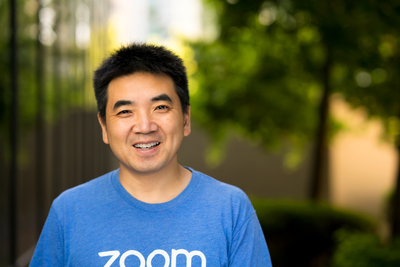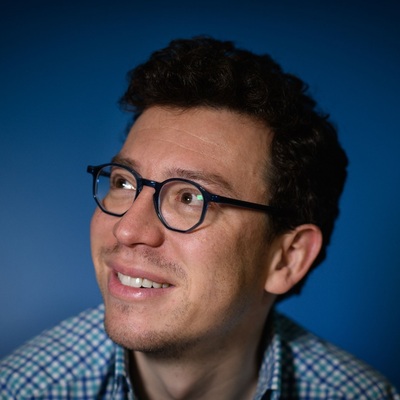The Background
Born in South Africa, David Friedberg moved to Los Angeles early in his life. He became the president of an environmental club in high school. This sparked Friedberg’s drive to improve environmental sustainability. In 2001, he bagged an Astrophysics degree from the University of California, Berkeley.
Stepping into the Corporate World
Friedberg enjoyed research during his coursework. This nurtured his entrepreneurship and business skills.
After college, Friedberg ventured into investment banking. Later, he joined Google and was among the company’s first 1,000 employees.
Google’s culture synced with his proactive nature as it was hands-on and fast-paced. His coming experiences moulded his career as a businessman and entrepreneur.
The Journey to Establishing Valuable Businesses
Friedberg observed sales decline on rainy days in San Francisco’s Bike Hut. To fix this, he thought of online weather insurance.
He left Google and founded WeatherBill in 2006. The company provided farmers with weather forecast tools and insurance. Friedberg renamed WeatherBill to The Climate Corporation in 2011.
And in 2013, the company was acquired by Monsanto for $1 billion. Managing business at WeatherBill, Friedberg realised it was challenging to establish insurance businesses.
His entrepreneurial spirit drove him to the auto insurance sector. There, he identified mileage as an essential factor of risk and losses. So, he built an insurance company on the pay-per-mile model. He called it ‘Fair Auto’, which is now renamed as ‘Metromile’.
Branching Out to Sustainability
Friedberg has been involved in environmental sustainability since his early years. He talked with Larry Page about startup ideas in life science, decarbonization, and agriculture. “I believe there won’t be shortages of problem-solving opportunities in my lifetime,” he says.
Page agreed to fund Friedberg’s company via Alphabet, Google’s parent organization. This gave birth to The Production Board (TPB) in 2016.
TPB develops new and sustainable food, health, and agricultural systems. The company collaborates with researchers, scientists, and business experts to tackle global challenges like climate change.
Friedberg’s strategy involves identifying market opportunities and spinning out companies to deliver the right product. TPB has invested in companies like Soylent, Culture Biosciences, Pattern Ag, and UR Labs. “They focus on crafting the right product-market fit. As they grow, we step in to manage some operations so they function more independently.”
In 2021, TPB raised $300 million from its partners like BlackRock, Allen & Co., and Alphabet.
.jpg)




.jpg)
